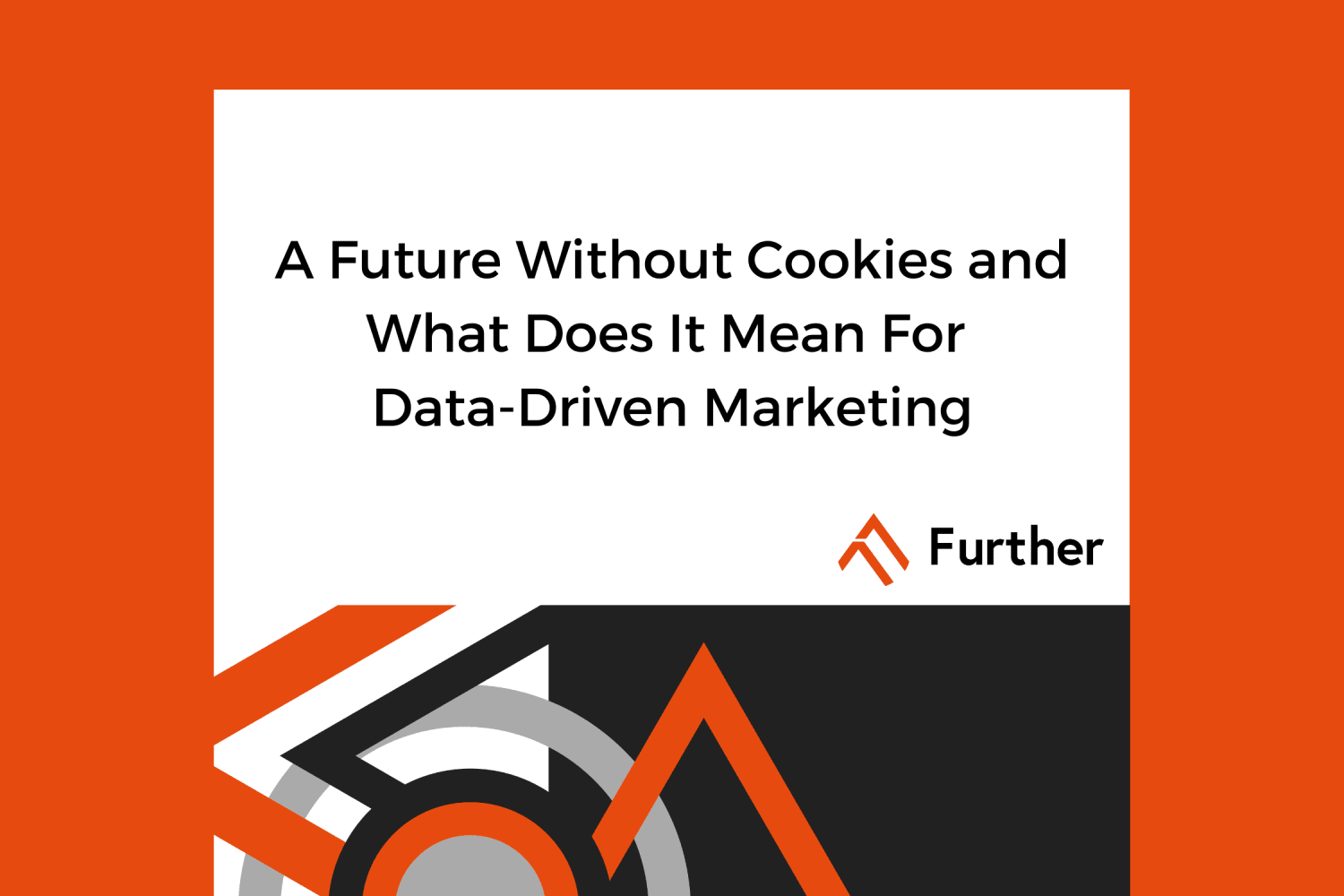A Future Without Cookies and What Does It Mean For Data-Driven Marketing
In the ever-evolving landscape of digital marketing, cookies have played a vital role in collecting user data and enabling personalized advertising. However, with increasing concerns around privacy and data protection, the future of cookies is uncertain. This article explores the implications of a future without cookies and what it means for data-driven marketing strategies.
The Decline of Cookies and the Rise of Privacy Regulations
As privacy concerns gain prominence, regulations such as the General Data Protection Regulation (GDPR) and California Consumer Privacy Act (CCPA) have been implemented to protect user data. These regulations place restrictions on the use of cookies and require businesses to obtain user consent for data collection. As a result, marketers need to adapt their strategies to comply with these regulations and find alternative ways to gather valuable insights about their audience.
Impact on Audience Targeting: Without cookies, traditional audience targeting methods may become less effective. Marketers will need to explore alternative methods such as contextual targeting, where ads are shown based on the content of the webpage, or relying on first-party data collected with user consent.
Importance of Consent: Obtaining user consent becomes paramount in a cookie-less future. Marketers will need to prioritize transparent communication and build trust with their audience by clearly explaining the value proposition of data collection and offering meaningful incentives in exchange for consent.
The Rise of Privacy-Focused Technologies
As cookies face challenges, innovative technologies are emerging to fill the gap and provide privacy-focused solutions. These technologies aim to strike a balance between data-driven marketing and user privacy, opening up new opportunities for marketers.
Contextual Advertising: Contextual advertising, which targets ads based on the content of the webpage rather than individual user data, is gaining traction. By aligning ads with relevant content, marketers can still deliver targeted messages without relying on personal data.
First-Party Data and CRM Integration: With the shift towards first-party data, marketers can leverage their existing customer relationship management (CRM) systems to gain deeper insights and deliver personalized experiences. Building strong customer relationships and encouraging opt-ins can help expand first-party data sources.
Shifting Analytics Paradigm: From Third-Party to First-Party Data
In a future without cookies, tracking and measuring user behavior will require a shift in the analytics paradigm. Marketers will need to rely more heavily on first-party data and alternative tracking methods to gain insights into their audience.
Embracing Data Diversification: Marketers will need to diversify their data sources and tap into various channels such as email marketing, social media engagement, and customer surveys to gather valuable information. By integrating data from different touchpoints, marketers can build a more comprehensive view of their audience.
Exploring Alternative Tracking Technologies: With the decline of cookies, marketers will need to explore alternative tracking technologies such as fingerprinting, device IDs, and server-side tracking. These methods provide anonymized data and offer some level of user attribution, allowing marketers to optimize campaigns and measure performance.
Adapting Personalization Strategies: Contextual and Consent-Based Approaches
Personalization has been a cornerstone of data-driven marketing, but without cookies, marketers will need to adapt their personalization strategies to ensure relevance while respecting user privacy.
Contextual Personalization: Contextual personalization, which leverages the content and context of the user’s current session, will become more important. By analyzing the webpage content, user behavior, and session data, marketers can deliver tailored experiences without relying on individual user data.
Consent-Based Personalization: Building authentic connections and obtaining user consent will be crucial for personalized marketing in a cookie-less world. Marketers should focus on creating compelling value propositions, offering personalized incentives, and delivering relevant content that encourages users to willingly share their data.
As we navigate the evolving landscape of digital marketing, a future without cookies presents both challenges and opportunities. Marketers must adapt their strategies, embracing privacy regulations and exploring innovative technologies that prioritize user privacy while delivering personalized experiences.
By diversifying data sources, leveraging alternative tracking technologies, and adopting contextual and consent-based personalization approaches, marketers can continue to drive meaningful engagement and build lasting connections with their audience.
The digital marketing landscape will continue to evolve, and it’s crucial for marketers to stay informed, agile, and open to embracing new strategies and technologies that align with the changing privacy landscape.

